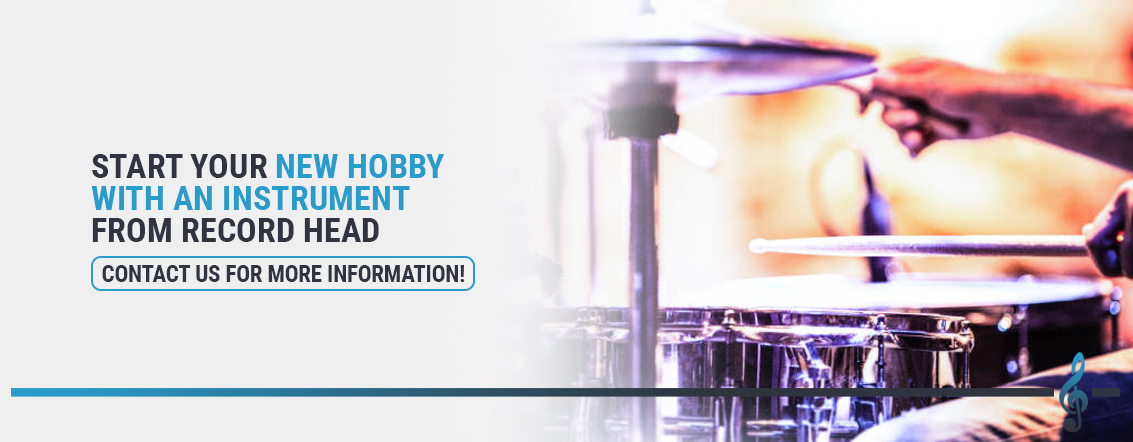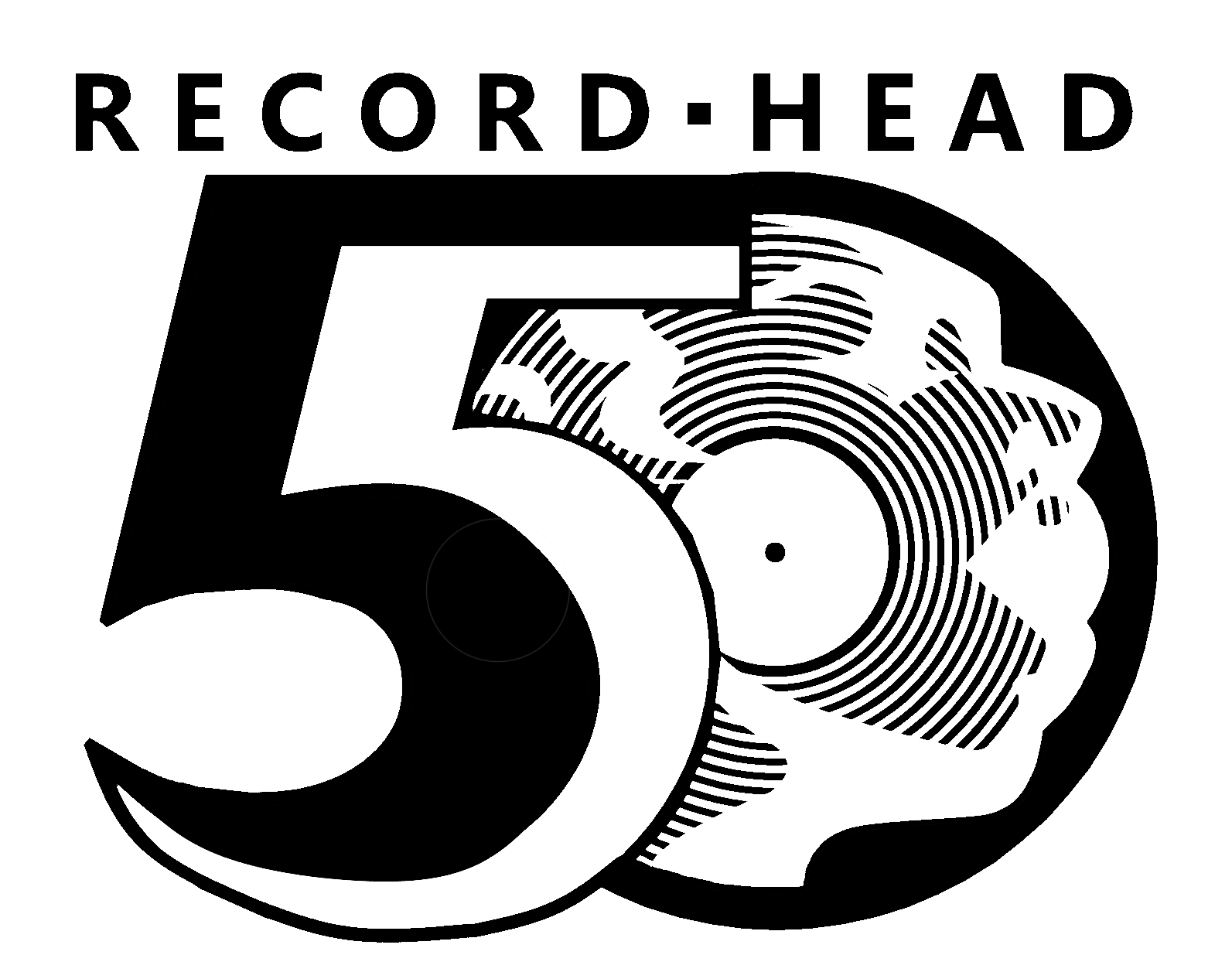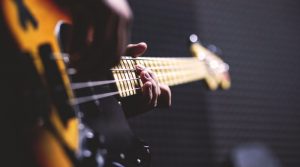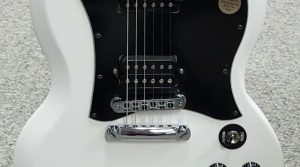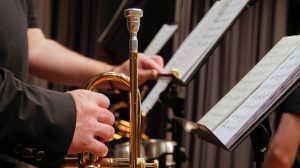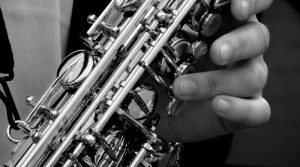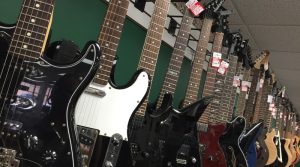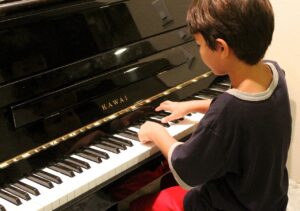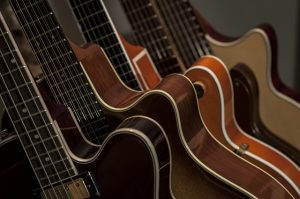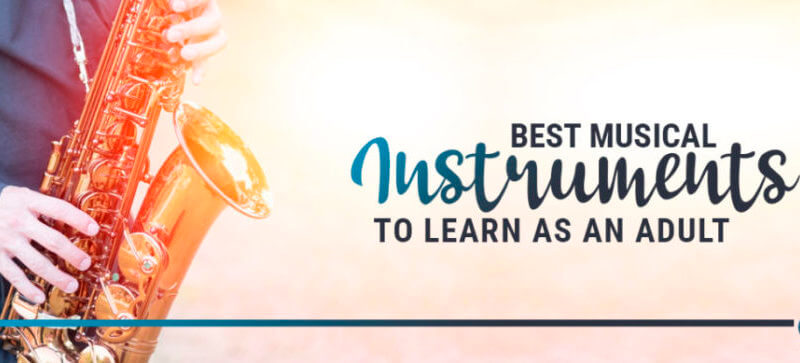
The idea of learning an instrument may conjure images of school-aged kids taking lessons and performing recitals. However, learning an instrument can be valuable and worthwhile at any age. If you weren’t part of your school band or you want to try something new, it’s natural to look for an instrument that’s relatively easy to pick up. Fortunately, there are several options that are well-suited for beginner adults.
Can You Be Too Old to Learn an Instrument?
You may feel like you’ve missed your opportunity to learn an instrument, but that’s not true. Adults can learn musical instruments no matter their age, although the learning process may look a little different. For example, you may progress slower than school-aged children and take longer to develop the physical dexterity your instrument requires. You may also require more frequent breaks during practice.
No matter the modifications needed, adults are just as capable of learning a new instrument — and enjoying it!
What Is the Easiest Musical Instrument to Learn to Play?
To determine the easiest musical instruments, it’s helpful to define the characteristics that make an instrument simple to learn. Easy-to-play instruments have some of the following traits:
- They do not use or require sheet music.
- They require little technical skills.
- They do not require a surplus of time and practice to understand.
- They are easy to find, buy and transport.
Instruments like ukuleles, bongos, tambourines, triangles and harmonicas fit these general requirements. If you select and learn one of these instruments, you can probably grasp it quickly with minimal to moderate effort.
Depending on your musical goals, you may not feel satisfied learning a streamlined instrument. For those who want more of a challenge, there are other instrument options that are easy but require a little more work.
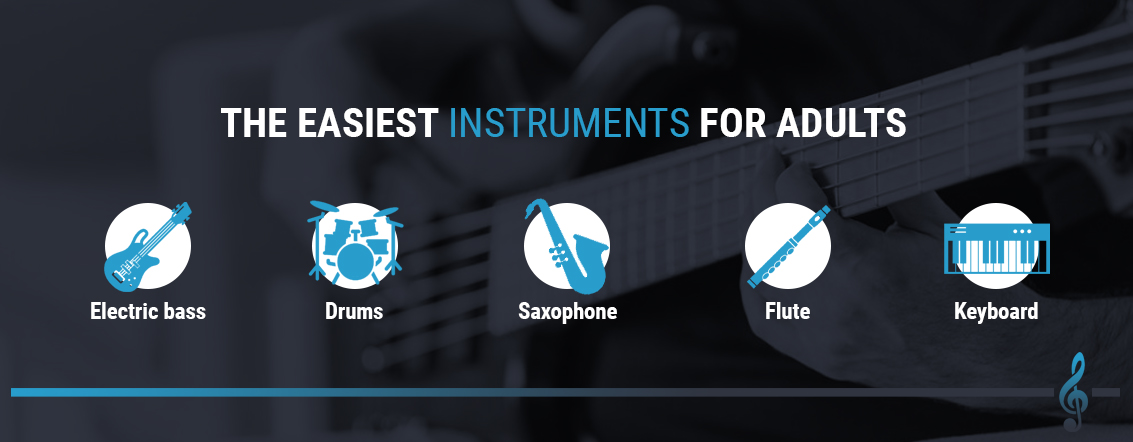
The Easiest Instruments for Adults
Pinpointing the easiest instrument to learn for adults relies on a number of factors. Keep your goals for your new hobby in mind when deciding between different simple-to-learn instruments. Some instruments you may consider include:
- Electric bass: The electric bass has fewer strings than a standard guitar and tends to have easier musical parts. Electric basses typically play single notes instead of chords, which can make the learning process much simpler. One benefit of an electric bass is that it does not require lung capacity or breath control to make the instrument sound good.
- Drums: Like the electric bass, drums do not require any breath control or lung work. They are also extremely scalable. You can begin learning with simple rhythms and a metronome, but you can also work up to more complicated and challenging material. Drums cater to a variety of music styles, and you may be able to participate in local music groups when you’ve learned the instrument.
- Saxophone: The saxophone uses a simple fingering system to produce notes, which makes it simple to learn. If you can read music, you may be able to pick up the saxophone quickly. The most difficult part about this instrument is honing your tone, so the notes you play sound smooth instead of squawky.
- Flute: The flute also uses simple fingerings — many of which are the same on the saxophone. As a small and light instrument, the flute is easy to handle. Once you can produce sounds through the mouthpiece, figuring out the flute can be straightforward.
- Keyboard: An electronic keyboard may be full-sized, or it could have just a portion of the keys on a standard piano. Either way, the instrument can be simple to learn. There is no breathing control involved, and in some settings, you may be able to play chords from a chord sheet instead of reading music. You can begin with easy pieces and work up to more difficult songs at your own pace.
Which Instrument Should I Learn?
The instrument you choose to learn is entirely up to you. However, there are a few variables that may help you narrow down the field and find a good fit:
- Do you have previous musical experience? If you already read sheet music, you may be able to pick up a woodwind or brass instrument with relative ease. If you’re starting from the beginning, you can either commit to learning music theory, or select an instrument that uses simplified music.
- What is your goal for the instrument? Are you hoping to play your instrument with other musicians, or are you learning for pure enjoyment? If you have specific goals for your progress, you may want to tailor your selection to the type of music genre you want to play. If you’re learning for fun, your instrument choice could be anything.
- How much time and money are you willing to dedicate? Some instruments require a greater time and financial investment, like the electric bass or drums. If you’re committed to learning the instrument, you may be able to select a costly and intricate type. You can also purchase used equipment, which costs less.
- Do you have any physical limitations? Playing an instrument can be surprisingly taxing on your body. Therefore, the best instrument to learn at 50 years old may depend on any physical limitations you have. Consider any sore joints, stiff fingers or lung capacity issues when selecting your instrument.
- What will you enjoy? Picking an instrument you love can make the learning process more enjoyable. It may also increase your chances of sticking to your practice.
Though these questions can be a helpful guideline, they don’t have to dictate your instrument selection. With some dedication, hard work and perhaps a few lessons, you can learn whichever instrument you’d like.
Benefits of Learning an Instrument
Learning an instrument in your 20s and beyond may provide more than just an entertaining pastime. Studies show that learning an instrument has many personal benefits. For example, learning, playing and performing an instrument presents a risk of failure. Though adults are far more sensitive to failure than children, learning to play an instrument allows us to take small risks that help grow our confidence.
In addition, learning an instrument can help support a growth mindset. Psychologist Carol Dweck defines a growth mindset as the belief that an individual can develop their skills with hard work and perseverance. Learning an instrument requires practice and humility. As you work on honing your skill and improving, you can also sharpen a growth mindset. According to Dweck, having a growth mindset can help people learn faster and tackle challenges with less fear.
Along with these cognitive benefits, learning and playing an instrument can help relieve stress. According to Michigan State University, music can help switch off our body’s stress response and improve emotional health. Just imagine how cathartic it would be to come home from a stressful day at work and play the drums!
Start Your New Hobby With an Instrument From Record Head
When you’re first learning an instrument, you may not want to commit to expensive new equipment. At Record Head, we have a variety of used musical instruments to fuel your new passion without breaking the bank. Whether you’re looking for a guitar, bass, keyboard, drums, percussion equipment, brass instruments or woodwind instruments, our inventory has something for you. If you want something newer, we have a selection for that, too!
Our knowledgeable staff is ready and willing to assist you with your purchase. If you’d also like to sell an old instrument while you shop, we’re happy to take it off your hands. Stop by our West Allis location today to try out instruments, or contact us for more information!
